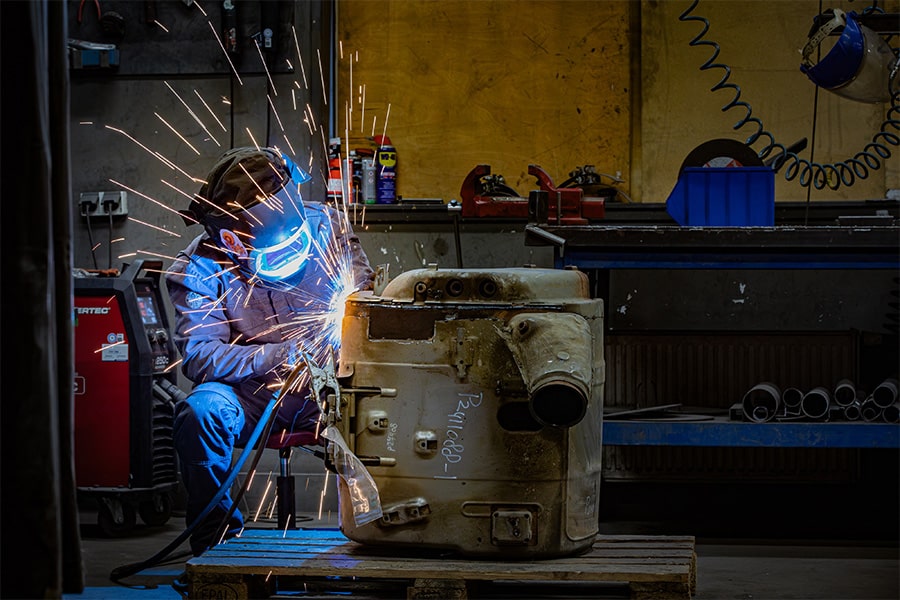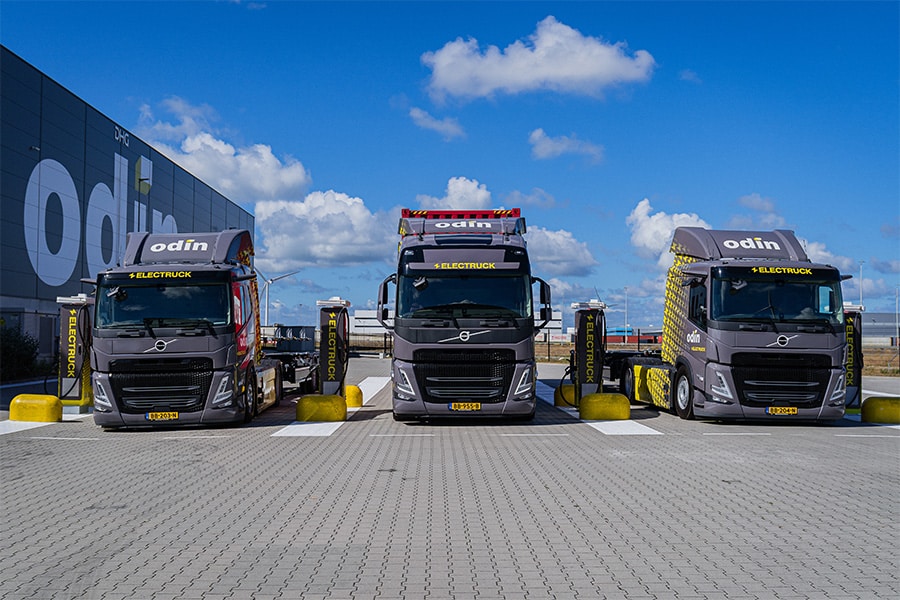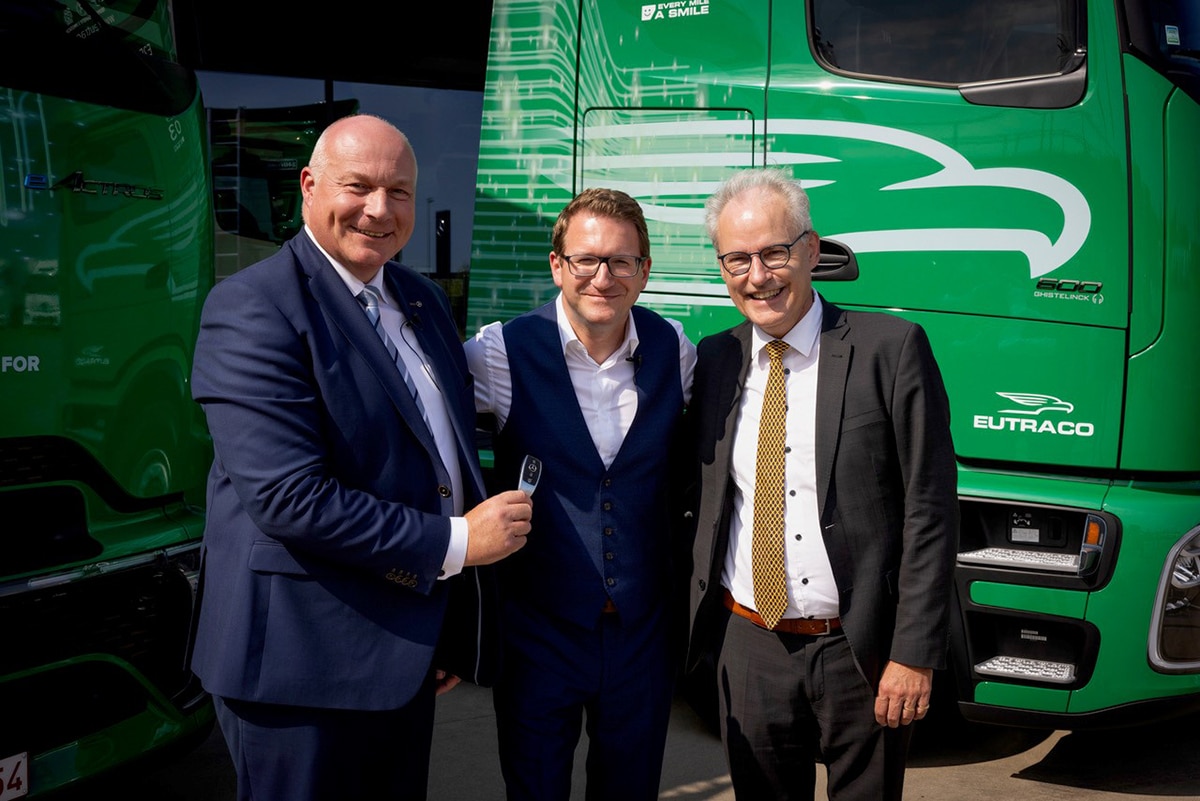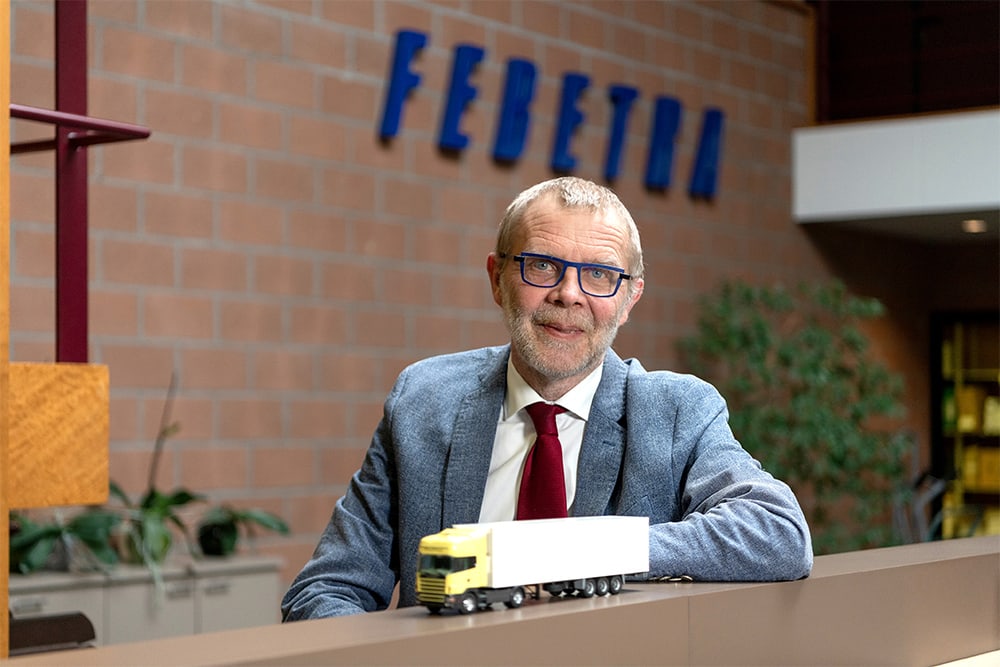
What policy priorities does Philippe Degraef (Febetra) see for a solid transportation sector?
On June 9, 2024, elections took place in our country, with rather surprising results. Especially in the French-speaking part of the country, a new, fresh wind seems to be blowing, opening the door to a more business-friendly environment. In Wallonia, a new government was quickly in the saddle. The other levels of government also have the difficult task of getting our economy, our finances, our labor market and much more back on track.
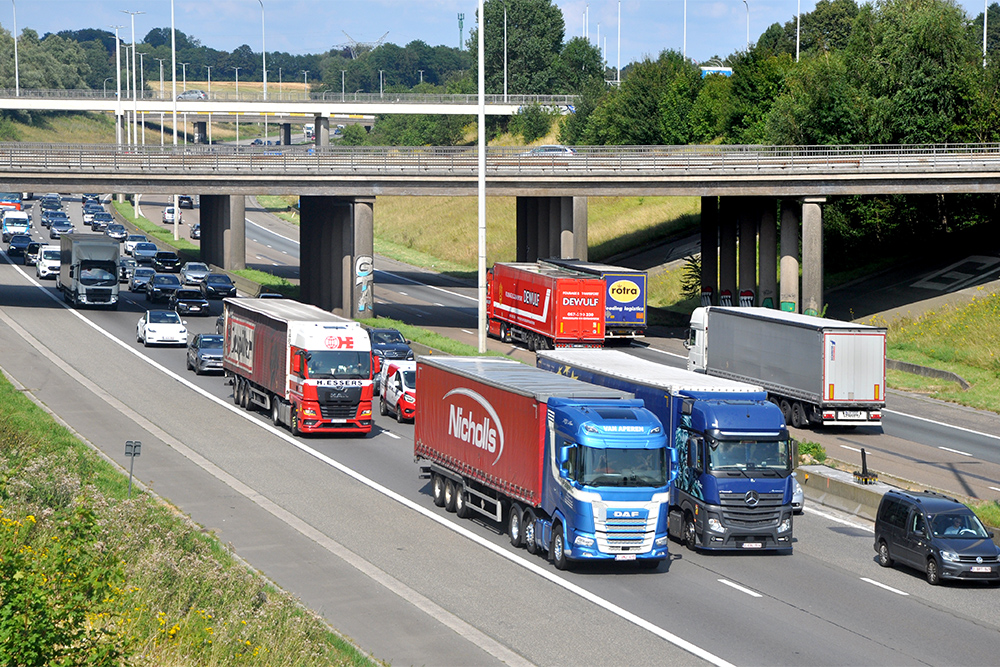
Excessive labor costs
During the past legislature, the Vivaldi government fully focused on sufficient purchasing power for the citizen, whereby the bill for maintaining this purchasing power was almost entirely passed on to Belgian companies. This policy therefore has a major impact on our companies that operate in an international context and have to deal with foreign competitors. Our labor cost handicap compared to foreign competitors has only increased. In a sector such as transportation, where labor costs are by far the largest cost item, this is an immense problem.
Especially at a time like the present, when shippers are looking for the cheapest possible transport and are issuing tenders by the conveyor belt. Since the enlargement of the European Union, our Belgian carriers have been in a negative spiral. Very briefly, they have been and remain too expensive compared to foreign competitors for two decades. This is their main problem and at the same time their biggest frustration. That is why Febetra calls on the new governments to tackle this competitiveness as the most important and urgent yardstick, despite the difficult budgetary context in which nv Belgium currently finds itself.
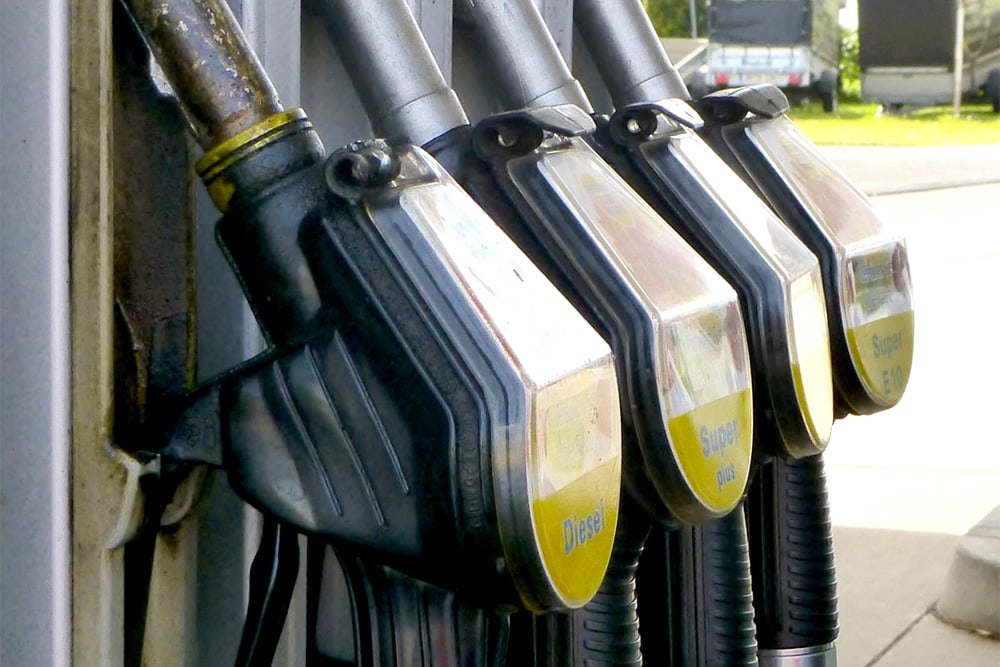
Realism
The greening of the entire economy will be another such feat. Of capital importance is that the timetable outlined by politicians is not only practically feasible, but above all remains affordable. Realism and affordability are parameters that absolutely must be included in all the climate story. No one, but no one, can afford the luxury of paying blue money for greening.
The preservation of professional diesel is therefore an item of existential importance for the transportation sector. In the long run, fossil diesel is doomed, we should all be aware of that. But organizing the funeral of professional diesel now, as some leftists would like, is clearly a bridge too far for Febetra. As long as there are no fully-fledged alternatives on a financial, operational and technical level, the preservation of professional diesel is of capital importance for the nearly 11,000 transport entrepreneurs in our country. A reduction of the sky-high costs on labor and a healthy dose of realism in the whole energy transition story: these are the two items at the very top of the Belgian transport sector's wish list.
Taking into account the urgency and magnitude of the task, our policy makers had best get out of the starting blocks from day one. Five hundred days of negotiations in a castle, there is really no time for that.
